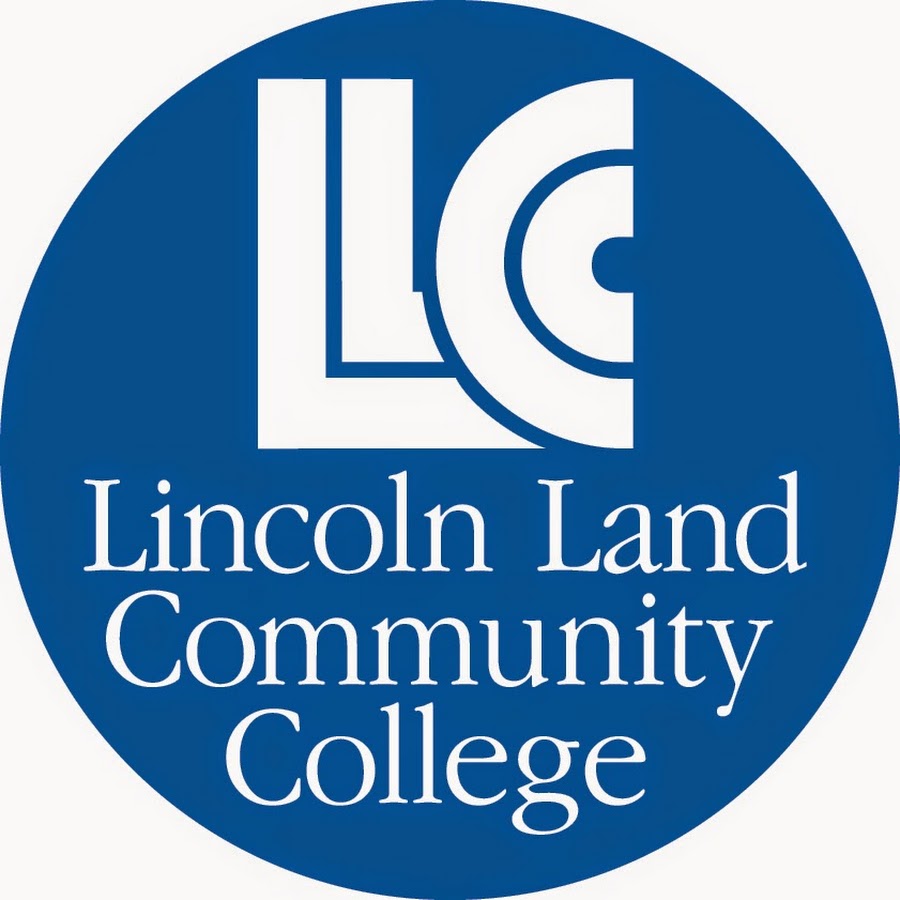ATLANTA (AP) — Donald Trump told Republican donors at his Florida resort this weekend that President Joe Biden is running a “Gestapo administration,” the latest example of the former president employing the language of Nazi Germany in his campaign rhetoric.
The remarks Saturday at Mar-a-Lago were described by people who attended the event and spoke on condition of anonymity to discuss the private session.
The “Gestapo” comment, one person said, came as Trump renewed his complaint that Biden’s White House is behind the multiple criminal prosecutions of the presumptive GOP nominee, including his ongoing hush money and fraud trial in New York and additional cases stemming from his efforts to overturn the 2020 election.
The Gestapo was the secret police force of the Third Reich that squelched political opposition generally and, specifically, targeted Jewish people for arrest during the Holocaust. Trump’s unfounded comparison to Nazi-era tactics comes as he denies and tries to deflect from the charges against him — most notably his effort to overturn Biden’s 2020 victory, before a mob of Trump supporters attacked the Capitol on Jan. 6, 2021.
Republican Gov. Doug Burgum of North Dakota, appearing Sunday on CNN’s “State of the Union,” essentially confirmed Trump’s statement, but tried to diminish its importance.
“This was a short comment deep into the thing that wasn’t really central to what he was talking about,” said Burgum, who is among the contenders to be Trump’s running mate.
Burgum affirmed that Trump drew the parallel as part of his accusation that Biden’s White House is behind his legal troubles. “A majority of Americans,” Burgum said, “feel like the trial that he’s in right now is politically motivated.”
The New York Times first reported Trump’s comments after obtaining an audio recording of the Mar-a-Lago event.
“These people are running a Gestapo administration,” Trump told GOP donors, according to the newspaper. “It’s the only way they’re going to win.”
Biden’s reelection campaign blasted the reference.
“Trump is once again making despicable and insulting comments about the Holocaust, while in the same breath attacking law enforcement, celebrating political violence, and threatening our democracy,” said James Singer, spokesman for the Democrat’s campaign, in a statement.
Trump’s campaign did not immediately respond to an Associated Press request for comment. The AP has not obtained audio of Trump’s speech at the fundraiser.
Previously in the 2024 campaign, Trump has called political opponents “vermin” and said migrants who cross the U.S.-Mexico border are “poisoning the blood of our country,” rhetoric that echoes Adolf Hitler’s statements during his authoritarian rule of Germany.
“I know nothing about Hitler,” Trump insisted in a December interview on conservative talk radio. “I have no idea what Hitler said other than (what) I’ve seen on the news. And that’s a very, entirely different thing than what I’m saying.”
A second person who was at Mar-a-Lago this weekend described to the AP a stem-winding luncheon appearance in which Trump mixed his grievances with optimistic GOP cheerleading.
Speaking for at least 90 minutes, Trump promised “the gloves are coming off” against Biden, the second Republican recalled. At another point, Trump called up several GOP congressional figures to the stage and referred to the many Republicans vying to be his vice presidential pick.
“They’re lining up and begging,” Trump said, according to one attendee.
Several presumed contenders circulated in the crowd and were given strategic speaking roles or lead panel discussions. Among the standouts, the Republican said, were Republican Sens. Tim Scott of South Carolina, Marco Rubio of Florida and JD Vance of Ohio.
Trump, the person said, singled out Rubio for special praise and referenced a “Florida problem,” referring to a constitutional requirement that the president and vice president not claim the same state as their residences.
Rubio and Scott both demurred when asked about their prospects on the Sunday talk shows.
On “Fox News Sunday,” Rubio sidestepped a question about whether he would be willing to move to another state to join the GOP ticket.
House Speaker Mike Johnson, R-La., was in attendance, as well, shoring up support from Trump. Johnson coordinated one of the legal challenges against the 2020 election that Trump lost, but the speaker now faces the threat of his own ouster by far-right Republicans led by Rep. Marjorie Taylor Greene of Georgia.
With his time on stage, Johnson said the U.S. needs a “strongman” in the White House, one attendee told the AP.
Johnson, who often talks about the need to return to the national security principle of “peace through strength,” explained the necessity of having a “strong, resolute” president at a time of conflict around the world, said a person familiar with the speaker’s remarks. This person was not authorized to publicly discuss Johnson’s comments and spoke on condition of anonymity.
The Republican National Committee said after the event that joint fundraising efforts by the RNC and the campaign for April topped $76 million, by far the best monthly effort of this campaign cycle and a step toward closing Biden’s financial advantage. RNC Chairman Michael Whatley hailed an uptick in small-dollar donors, but the Mar-a-Lago event clearly focused on the party’s deepest pockets. At one point, one attendee said, Trump offered an open microphone to anyone who immediately pledged a $1 million contribution to the party. Two people eventually agreed, the source said.
Additionally, the Times reported that Trump told his audience that Democrats effectively purchase votes through economic safety net programs, while repeating his false claims that U.S. elections are riddled with systemic fraud.
“When you are Democrat, you start off essentially at 40% because you have civil service, you have the unions and you have welfare,” Trump said, according to the Times. “And don’t underestimate welfare. They get welfare to vote, and then they cheat on top of that — they cheat.”
Biden’s victory was affirmed by multiple recounts across many battleground states, and Trump’s assertions of fraud were rejected by multiple state and federal courts, including by judges he nominated to the bench. Trump’s efforts to overturn the election and his role in his supporters’ riot on Jan. 6 are the subject of two additional indictments.
Trump is not the first Republican presidential candidate to privately connect social programs with Democrats’ electoral fortunes. In 2012, then-GOP nominee Mitt Romney was captured on tape at a fundraising event declaring that Democrat Barack Obama had a built in advantage because of people he said did not have to pay federal income taxes.
“There are 47% of the people who will vote for the president (Obama) no matter what” because they are “dependent upon government” and “believe that they are victims,” Romney said, adding that “my job is not to worry about those people. I’ll never convince them that they should take personal responsibility and care for their lives.”
Obama’s campaign, with Biden as vice president, used those comments to bolster Democrats’ argument that Romney, a wealthy businessman, was out of touch with most Americans. Obama was reelected.
___
Mascaro reported from Washington.
Brought to you by www.srnnews.com






















